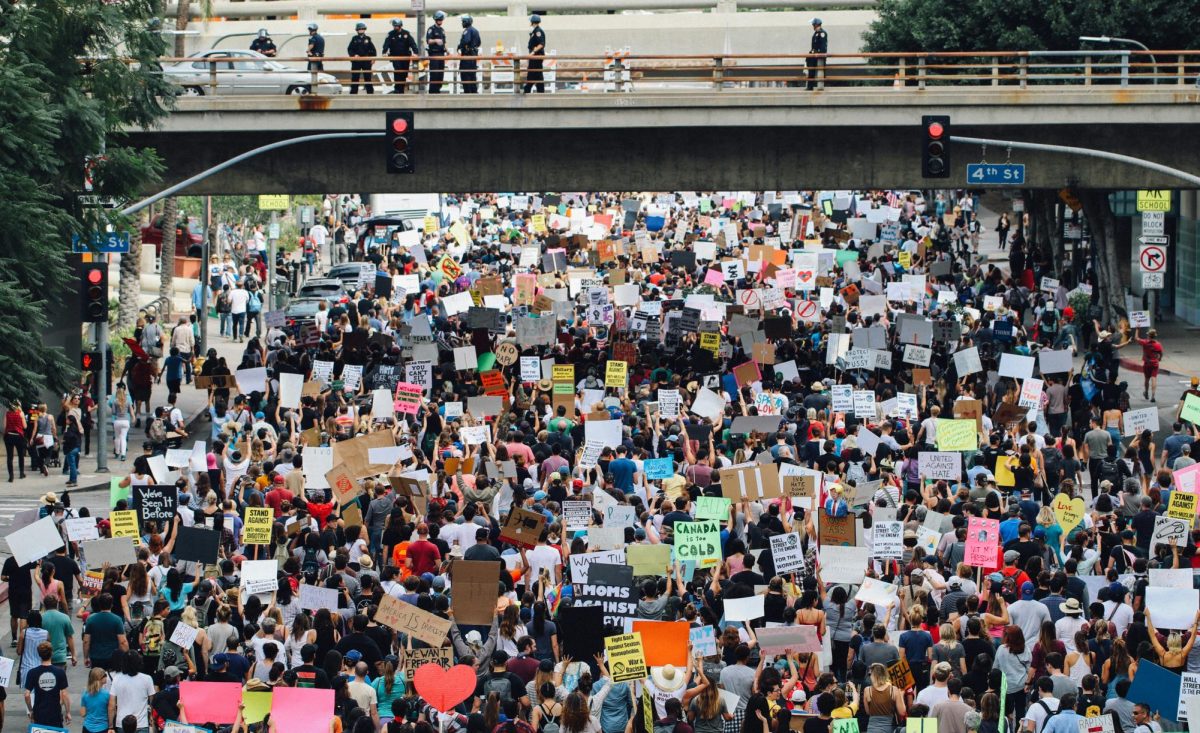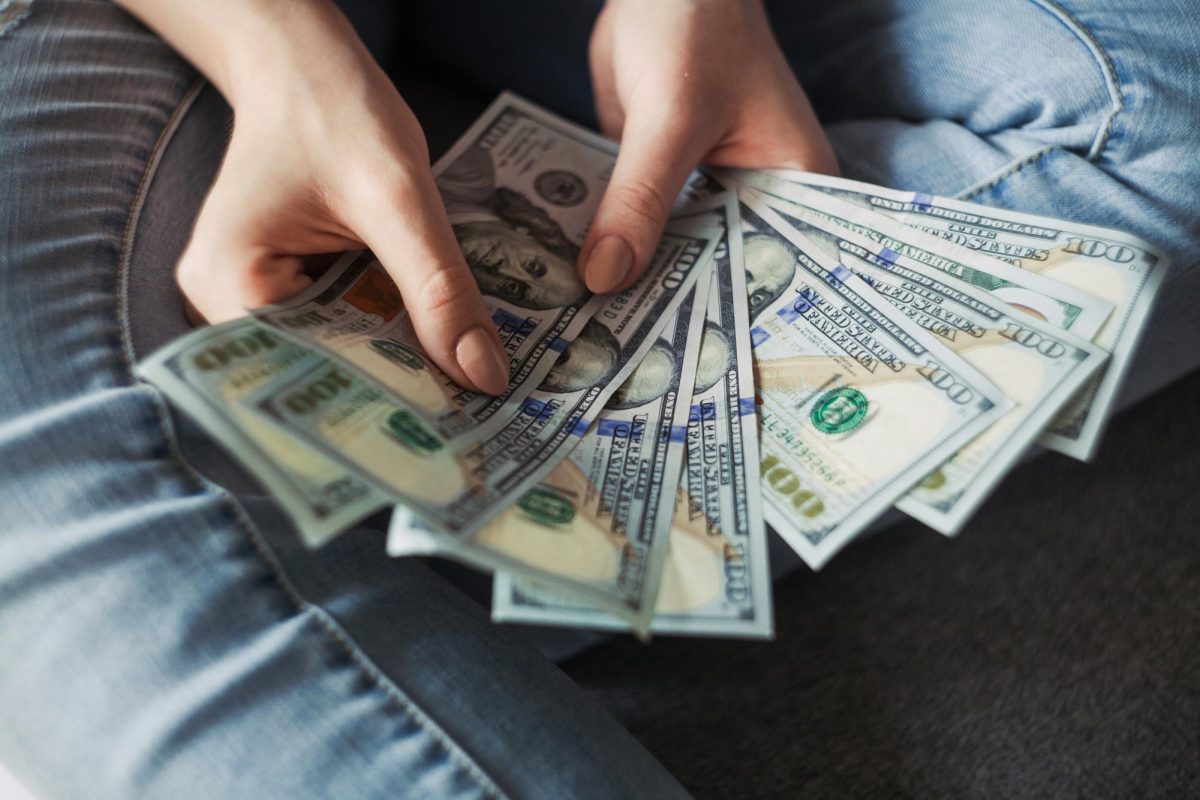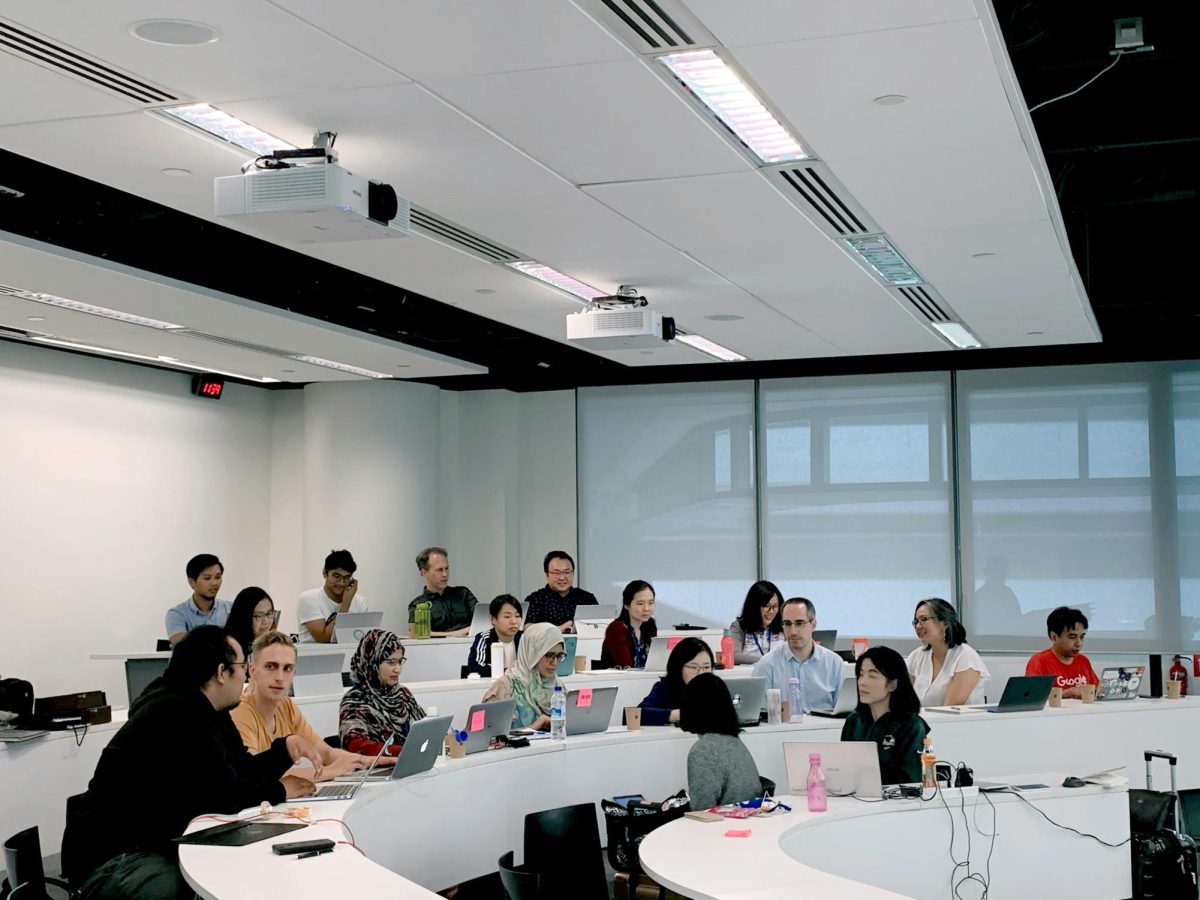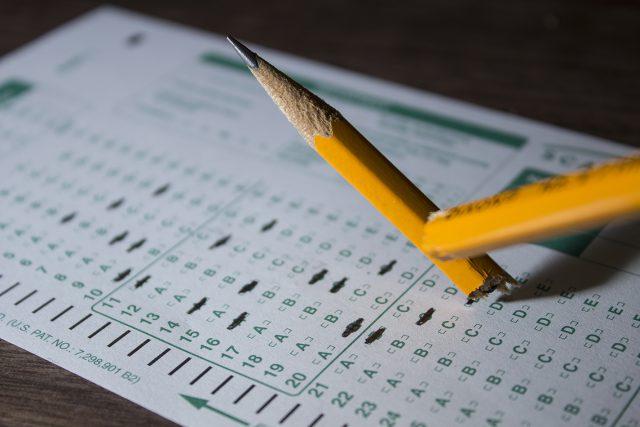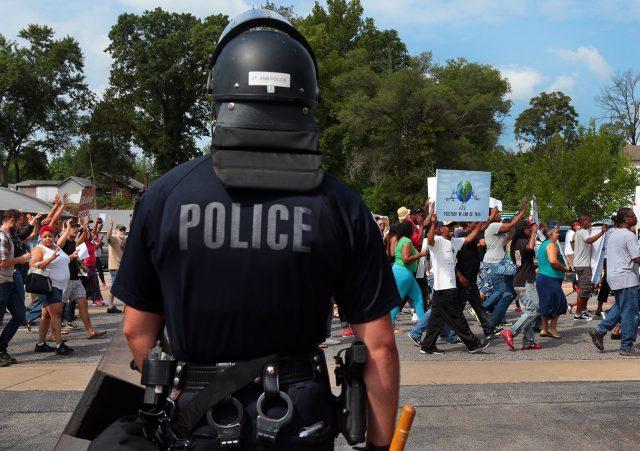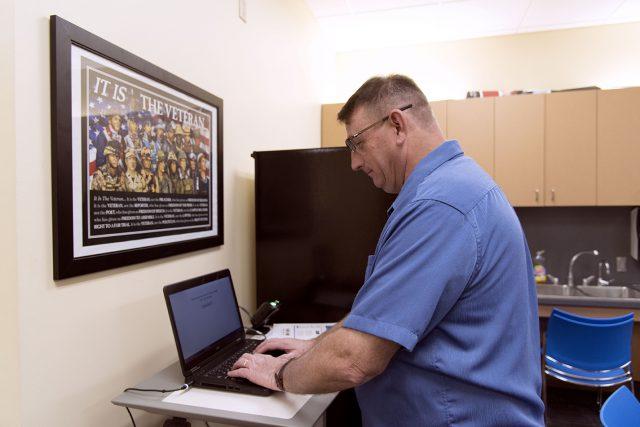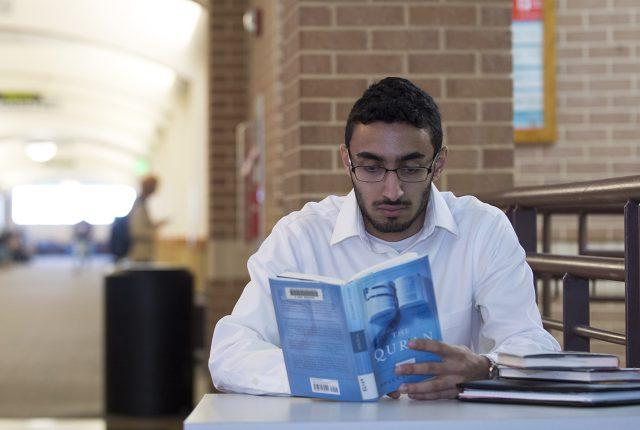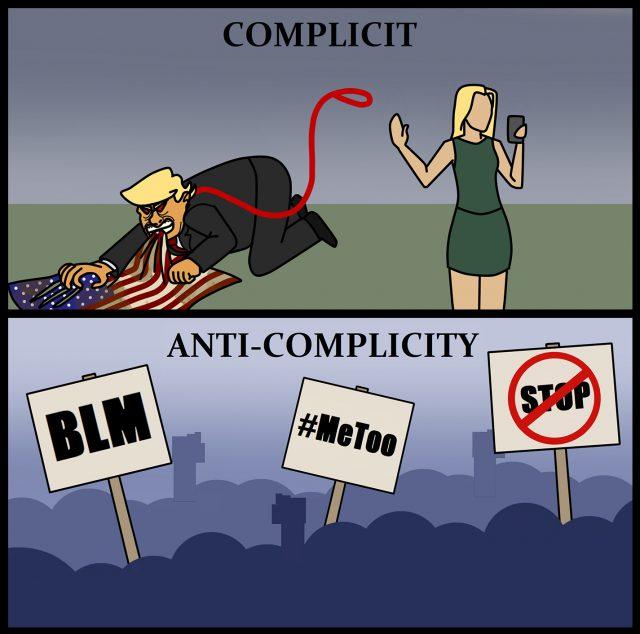By Jason Warren/reporter
NE government professor Lisa Uhlir discussed current-day Native American issues and their causes Nov. 28 during a Native American History Month session.
Native American females are 10 times more likely to be murdered than any other race in America, Uhlir said. About half of Native American women will be raped at least once, but only 13 percent of crimes against Native American women are prosecuted.
“I was crying multiple times,” NE student Ava Ighani said about the statistics.
The portrayal of Native American women has a huge role in the issues they face, Uhlir said. She used Disney princesses as an example.
“They’re all sweet, happy, demure and modestly dressed,” she said.
As for Pocahontas, her ensemble and portrayal was quite distinct, Uhlir said.
“She’s wearing a hoochie mama skirt,” Uhlir exclaimed. “And how is she standing? All demure and shy? No. She is, like, [staring] straight in the face — hair down! If you look at pictures of Native American women, they are generally sexualized in some way.”
NE student Molly Faricy said the session helped change her views of Native Americans.
“The way [Native Americans] are perceived in the media is something that I’d never be able to fully understand, especially as a white woman,” Faricy said.
Crime is another issue for Native American communities.
“Wind River Reservation has the highest crime rates in the United States,” Uhlir said.
While crimes committed on these reservations can be brought up to local authorities for prosecution by the tribe, Native American tribes cannot prosecute outsiders. Until 2010, the maximum penalty for any crime on a reservation was one year. After the 2010 Tribal Act, the penalty was raised to three years, Uhlir said.
“The criminal element in America [outside of reservations] has discovered there is a jurisdictional loophole in Native American reservations,” she said.
Mental health issues are another problem for Natives. One in four Native American males age 16-24 years old will attempt suicide, and one in nine attempts is successful.
Because of the mental and economic state of Native American reservations, communities feel stuck and unable to improve their lives, Uhlir said adding that “This is partially due to Native American religion and the belief in reincarnation.”












